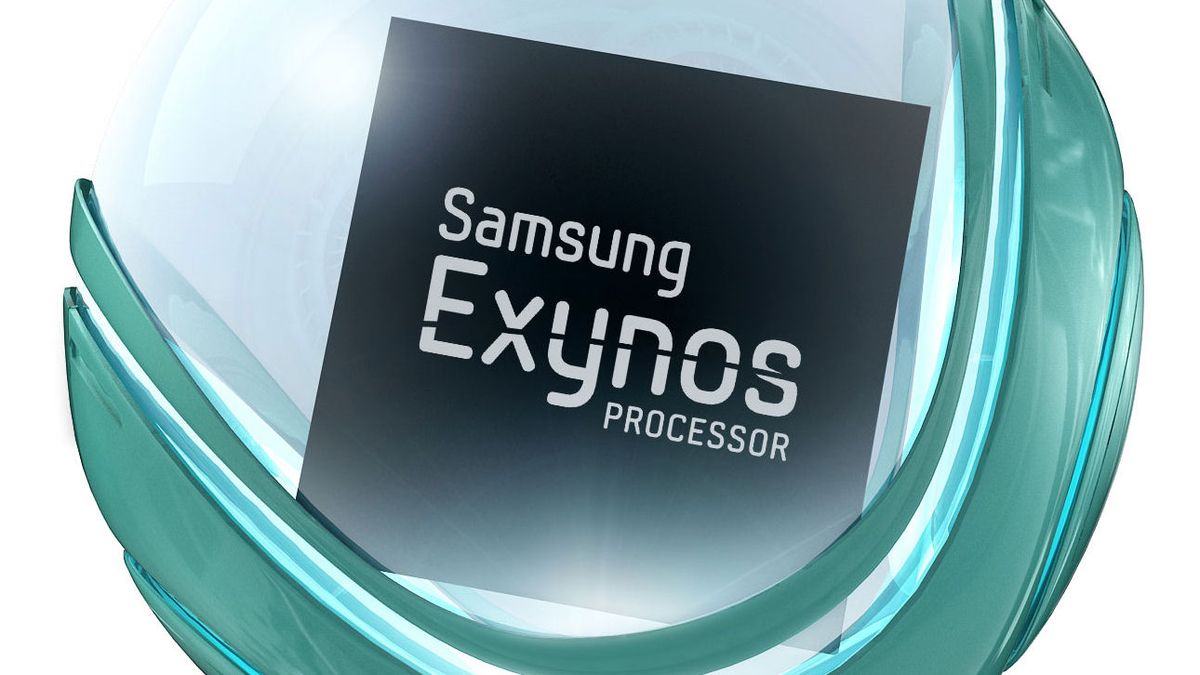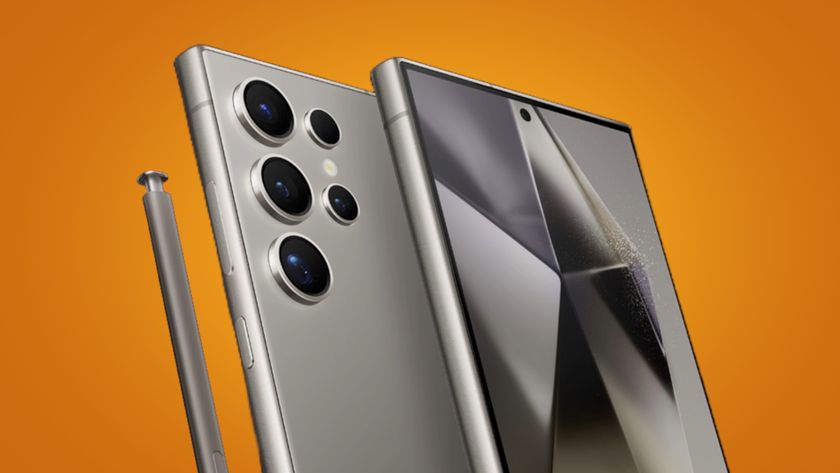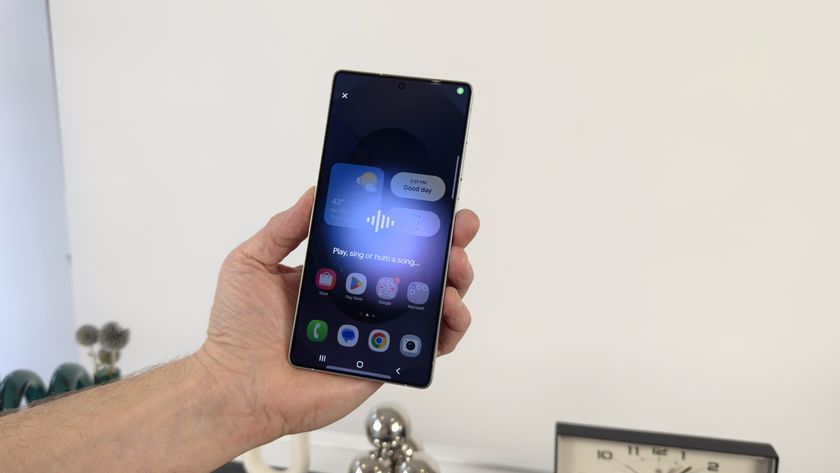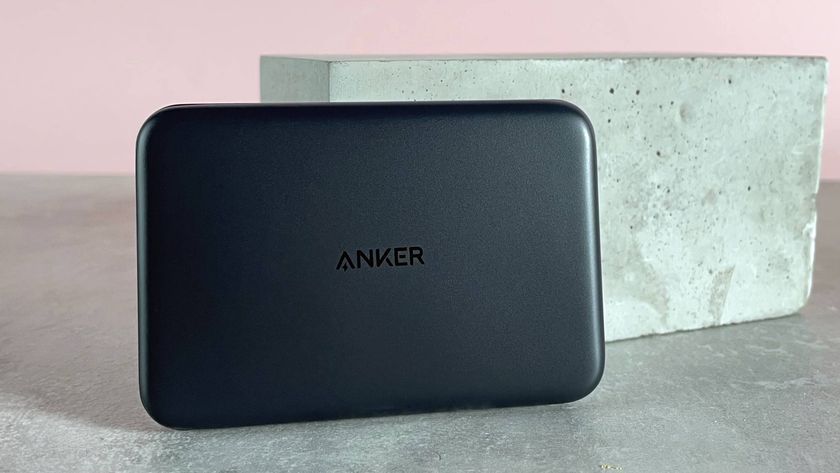Samsung looks to prioritize Exynos chipsets in its mid-range devices
More Galaxy A and M series phones with Exynos SoCs incoming

Samsung has been using chipsets from all three brands – Qualcomm, MediaTek and Exynos for its smartphones – especially in its affordable and mid-range smartphones.
This will, however, change soon. According to a report by Business Korea, the South Korean smartphone maker has decided to prioritize its in-house chipsets – Exynos SoCs for its mass-market phones.
While the company may not have officially made any announcement, however, this can be noticed with the phones that the company has recently introduced. If you look closely, the Galaxy M33 5G, Galaxy A13, Galaxy A53, and Galaxy A33 were all powered by an Exynos Chipset.
Though the upcoming Galaxy M53 is expected to have a Dimensity 900 SoC at its core, however, the change in strategy is quite evident.
As per the market data prepared by Omdia, last year Samsung sold over 51.8 million Galaxy A12 devices. This was an ultra-affordable phone that was powered by a MediaTek Helio P35 chipset. If numbers are to be believed, the Galaxy A13 was the highest-selling smartphone of the year and there are chances that you might not have heard about this phone at all.
Yet the Galaxy A13 beat all the flagship and premium phones that are marketed heavily throughout the year. Thanks to the massive support from Samsung, Taiwanese chipset maker MediaTek was able to register a staggering growth as well.
Samsung aims for a larger share of the market
It seems Samsung wants to tap some of these numbers and the fact that the Galaxy A12’s successor – Galaxy A13 ships with the Exynos 850 SoC is a clear indication of the same.
Get daily insight, inspiration and deals in your inbox
Sign up for breaking news, reviews, opinion, top tech deals, and more.
Since both these devices are priced at the low end of the value pyramid, users are not much concerned about the fast performance and Samsung’s brand value will only help push the numbers further.
- Upcoming phone launches in India for April 2022: Specs, launch date, and price
Jitendra has been working in the Internet Industry for the last 7 years now and has written about a wide range of topics including gadgets, smartphones, reviews, games, software, apps, deep tech, AI, and consumer electronics.
Most Popular





